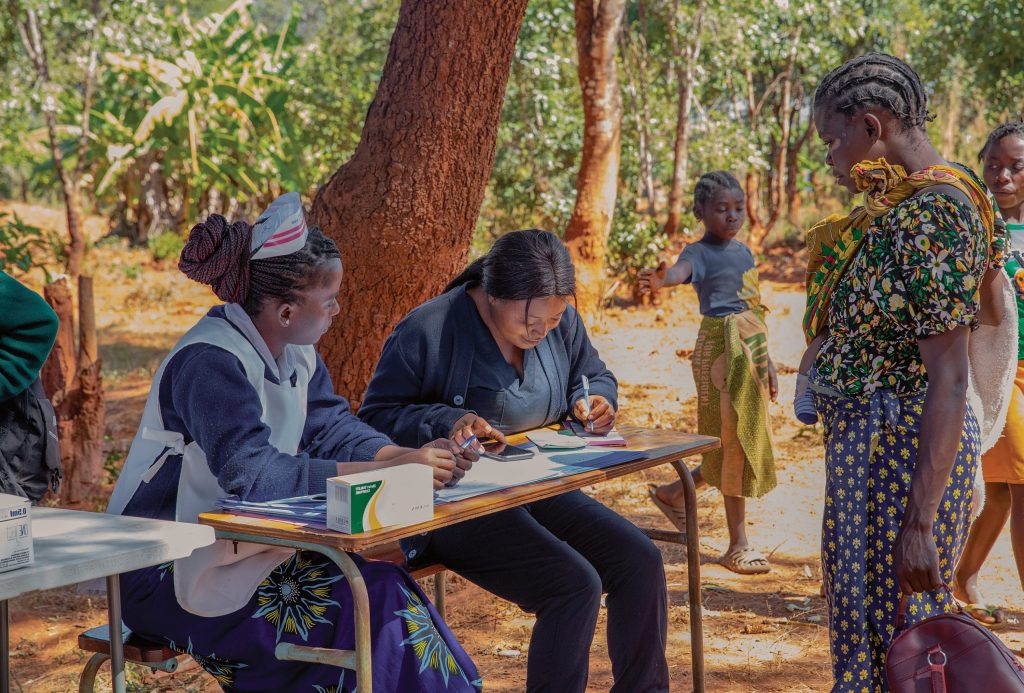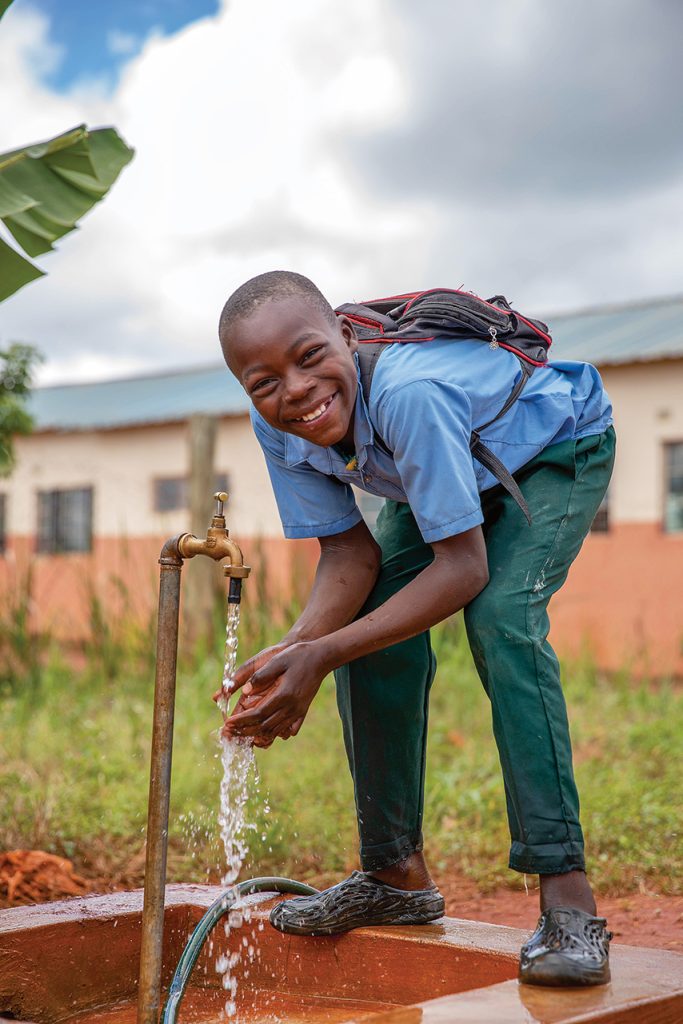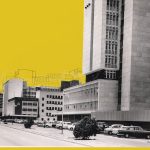First Quantum Minerals:
A Global Success Story with Zambian Roots
Mining has shaped Zambia’s history, defines its present, and will influence its future. From ancient times, indigenous people extracted copper and other minerals from the land. Back then, copper ingots were the preferred currency of choice. Post-independence, the nascent Zambian economy was booming, thanks to copper production. But this production began to decline in the 1970s.
Privatisation and Possibility: The Dawn of FQM in Zambia
By the early 1990s, the future of Zambia’s mining industry was uncertain, with copper output still falling. The country had returned to multi-party democracy and, as it shifted from socialism to capitalism, privatising its mines became a key policy.
To most people, this might not have seemed a wise time to invest in the Zambian mining industry, except to the founders of First Quantum Minerals, Philip Pascall, Clive Newall, Martin Rowley and Zambian businessman Kwalela Lamaswala. As fearless entrepreneurs with a sense of adventure and strong business acumen, they had the foresight to see that the Zambian mining industry was a worthy investment. That founding spirit continues at FQM today, almost 30 years later. And as Zambia celebrates 61 years of independence, FQM has been part of that story for nearly half the journey.

FQM’s first major operation was in Zambia, starting with acquiring Bwana Mkubwa Mine in 1996 and Kansanshi in 2001. These acquisitions were more than quick deals; they were bold bets on Zambia’s future.
At Kansanshi, earlier operators had never fully unlocked its potential. Commercial production in 2005 propelled Kansanshi to the top, making it Africa’s largest copper producer by volume at the time. This was a landmark moment for Zambia.
Growth Intertwined with Zambia
Over the past two decades, FQM’s growth has mirrored Zambia’s development as the nation strengthened its economy and institutions. The company invested in infrastructure, technology, and people.
Today, FQM directly employs over 12,000 people, 96 per cent of them Zambians. One of the hallmarks of FQM is its reliance on homegrown talent, building local knowledge and skills that endure. For every one formal FQM employee, an estimated 11 additional jobs or earning opportunities are created in the broader economy, spanning administrative services, manufacturing, ICT, and agriculture.
FQM’s direct contribution to Zambia in 2024 alone was US$2.6b, comprising over $650 million in government revenue, $236 million in salaries and wages, $1.75 billion in local procurement, and $13 million in community investment and social outreach, showing the scale of its economic impact.
Beyond Mining: Investing in Communities
In Solwezi and Kalumbila, FQM’s presence is seen in schools, clinics, clean water, and agricultural projects. The company has embedded itself in local life through close interaction and cultural sensitivity. In the last five years FQM has invested US$52 million in community initiatives through its two foundations.
One such project was commissioning the Wumi Mini Hospital in Kalumbila District in July 2025. This public-private partnership serves as a lifeline to rural communities that previously had to trek 98 kilometres to the nearest government health facility. Building on these healthcare initiatives, the Trident Foundation has helped over 140 women-led businesses with training and K1.3 million in microfinance, promoting livelihoods that will last beyond mining.
Employee welfare is also a priority. HIV prevalence among Kansanshi workers dropped from 10 per cent in 2006 to just over 3 per cent by 2015. Education programmes, from classroom construction to university scholarships, are preparing thousands of young Zambians for the future. FQM’s community programmes and transparency in reporting have ensured that these efforts foster mutually beneficial relationships, contributing to long-term regional well-being.
Technical Excellence in Zambian Operations
The Kansanshi smelter processes 1.3 million tonnes of concentrate annually, producing over 300,000 tonnes of blister copper with some of Africa’s most advanced smelting technology.
Perhaps even more significantly, FQM has trained a generation of Zambian mining professionals working across Africa and beyond, demonstrating that the company’s investment in people strengthens the entire sector.
Taking Zambian Success Global…..
From Zambia to four continents, FQM ranks amongst the world’s top copper producers. Kansanshi’s output has helped fund the company’s global expansion. In 2024, Kansanshi produced 171,000 tonnes of copper and 105,000 ounces of gold. Looking forward in 2026 guidance is 180,000 – 210,000 tonnes of copper and 140,000 – 150,000 ounces of gold. ZCCM Investment Holdings’ 20 per cent stake ensures that success remains tied to Zambia’s prosperity.
Those first Zambian operations were the springboard for FQM’s transformation into a global mining leader. The scale of local procurement, taxes and royalties, jobs and skills transfer, and community investment shows that Zambia has captured substantial value from FQM’s growth whilst helping to shape its global footprint.
The Road Ahead: Realization of Investments Commitments
With US$1.25 billion committed to Kansanshi’s S3 expansion project and ..US$100 million to operationalize the Enterprise Nickel Mine, Africa’s largest nickel mine, FQM is building for the long term. The West Lunga Conservation Project reflects its commitment to combining environmental stewardship with development, demonstrating tangible efforts in biodiversity protection and ecological restoration.
The company is also actively investing in exploration in Zambia, both directly and indirectly through junior exploration companies. Infrastructure investment remains another priority, with FQM participating in the upgrading of the 371-kilometre Mutanda-Kaoma road to improve freight efficiency and local accessibility.

Two Success Stories, One Shared Future
As Zambia celebrates 61 years of independence, FQM’s journey from privatisation-era acquisitions to global mining giant is a story of shared resilience, ambition, and progress. Rooted in Zambian soil and thriving on the world stage, FQM stands as proof of what can be achieved when vision meets opportunity. Mining will remain central to Zambia’s future, and FQM is committed to being part of it.



